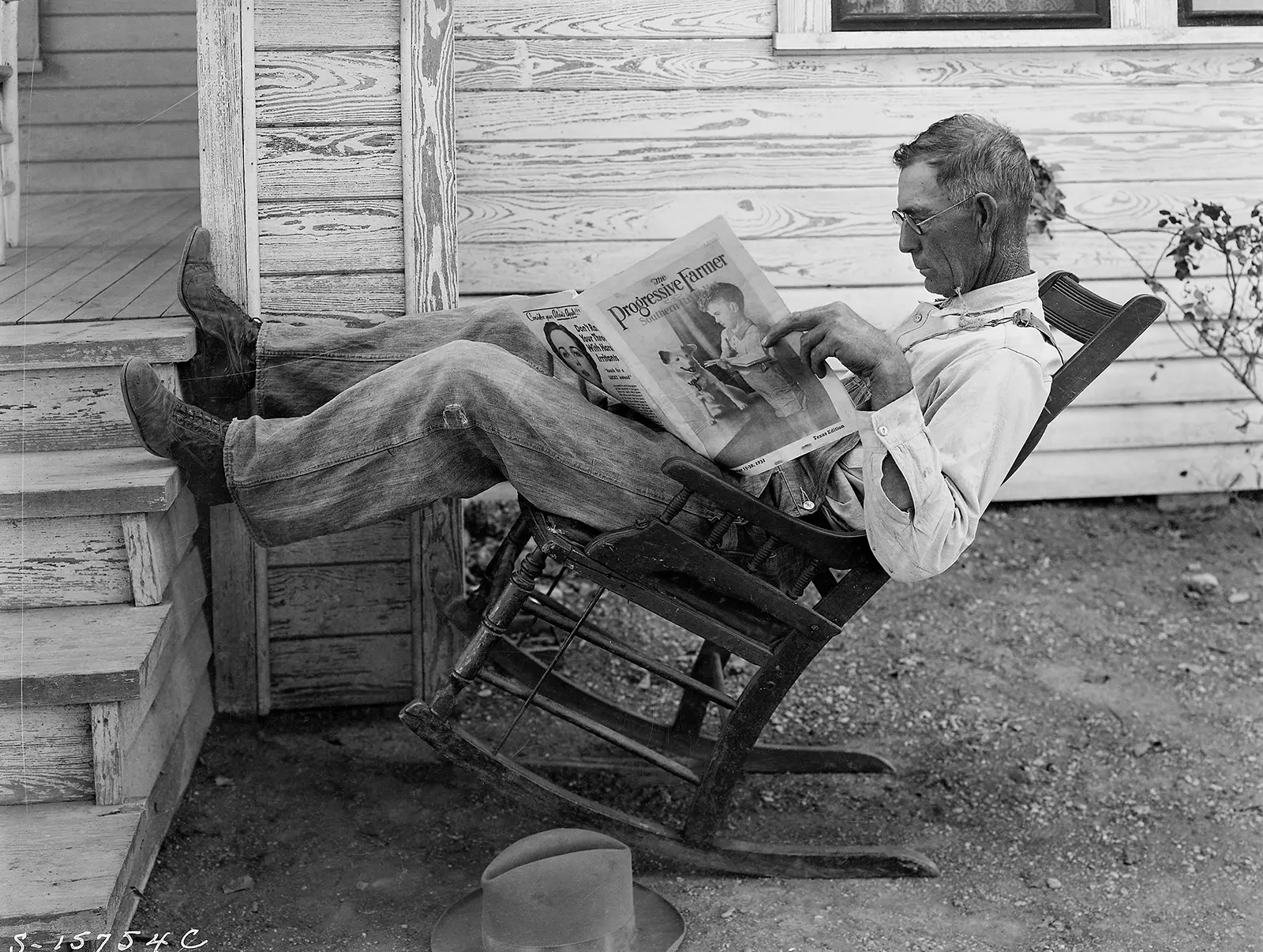“The Idea of Order at the Iowa State Fair.” Nathan Beacom visits the Iowa State Fair: “The real heart of the fair, of any good fair, is an expression of the rich interior life of the people who celebrate it: At a fair of this kind you can peer into the soul of a people. The heart of the fair is found in whatever places the people themselves have brought their very best. Skip the rides and entertainments, and look for anything that can have a blue ribbon on it.”
“The Apocalypse Has Two Faces.” I review a rather disastrous book, Ed Simon’s The Dove and the Dragon, that attempts to chart a cultural history of the apocalypse: “One might aptly describe the book’s structure, like the structure of many of its sentences, as a tedious concatenation of loosely related characters, incidents, and observations. There is no discernible narrative thread, no analytic framework to speak of, merely a catalog of undigested historical anecdotes. . . . Nevertheless, sifting through the myriad examples gathered here, one glimpses the possibility of a more illuminating narrative. Across the centuries, threats and promises of apocalypse have served both to control and to comfort. Often, the promise of comfort relies on a related promise to bring some semblance of control to a chaotic or oppressive situation.”
“I Work for a Big Life—Not Big Dollars.” Tara Couture writes about the mysterious relation between simple joys and hard work: “We race toward the completion of endless tasks knowing we will never quite get there before winter arrives. We work to earn the slowness of winter again. Built into every lovely thing is the sacrifice of energy and effort to get there. We could pay someone to dig holes and put up a fence and tend our garden. It might even make more sense to do that, financially: Think of the highly paid work we could do, in all that time. But finances are a weak measure of happiness. . . . I could work for big dollars instead of big life, but then who would watch the barn swallows dive and collect the wild mushrooms from the forest? Who would notice the baby turtle on a mission to join his calling life?”
“Timothy.” Brian Miller contemplates life—in the fashion of Gilbert White—alongside a box turtle: “For the next three-quarters of an hour the turtle methodically crosses below my perch, right to left, where I sit watching his occasional navigations around a twig or small branch. We are fellow travelers on a journey this blessedly cool afternoon: he in his careful searching for the best path and I in more complicated fashion aspiring to the same.”
“The Rise of Low-Tech Parenting.” Kara Kennedy describes how the work of Jonathan Haidt is fueling a parenting movement: “Watching kids today—and as the Gen-Z mom of a 10-month-old baby—I feel something like grief. I know how bad it is for me, so it will be worse for them. They’ll never remember learning to operate a touchscreen; they scroll before they speak. When they grow up, their idea of friendship will be a string of emojis and TikTok dances. It’s not their fault. We gave them this world. But now, a growing number of parents, teachers, and even former tech executives are trying to turn back the clock. The new trend in children’s toys is not more innovation, but less. Simpler, slower, nostalgic—analog.”
“When Can Lawyers Be Punished for ‘Undignified or Discourteous’ Criticism of Judges?” Eugene Volokh highlights another barn-burner concurring opinion from Justice Caleb Stegall, whose regular missives longtime Porchers still miss: “Miss Manners has much to commend her within a polite and respectful society, but we are not her enforcement division. This is not, however, what is most important about today’s case. There is much more at stake—the beating heart of our democratic process—unconstrained political speech. There is a disturbing trend in our body politic to turn ‘ethics’ into a political widow maker—a recently dislodged calcium deposit stalking the arterial system of our campaigns, elections, and government—threatening a blockage at any time. The rallying cry of, ‘You can’t say that!’ accompanied by looming threats of punishment is a kind of atherosclerosis—a narrowing of our political arteries—that I cannot countenance. For it cannot pass our notice that this entire process was aimed squarely at punishing political speech.”
“In Some Ways, Rural Britain is Changing Faster than its Cities.” I try not to hate-read essays; it’s not good for my soul. But the Economist’s blithe account of how rural England is changing in all kinds of grand ways and how farming really doesn’t matter much is quite the exhibit in blinkered thinking: “It is often said that farming is almost irrelevant to the British economy, and this is true. What is less appreciated is that farming is barely relevant even to the rural economy.” Apparently what or whether one eats is irrelevant? Or, “Rural Britain is said to be furious about solar farms and about higher inheritance taxes on farmland (Reform uk, a populist party, hopes to ride such grievances to victory). Yet the push for solar power benefits farmers more than anyone.” Note how “farmers” in this sentence actually means “land owners,” not people trying to grow food beneath solar panels.
“The Gift of a Toothache.” Elizabeth Stice wonders why toothaches have prompted existential questions and moral growth: “Many of us have better access to modern dentistry than Augustine or Merton, but all of us can suffer from a toothache, a hardship that seems to have no meaning and to serve no purpose. No one would welcome a toothache. But the profound misery of a terrible toothache seems capable of prompting us to consider the meaning of life. It distracts us from our distractions.”





